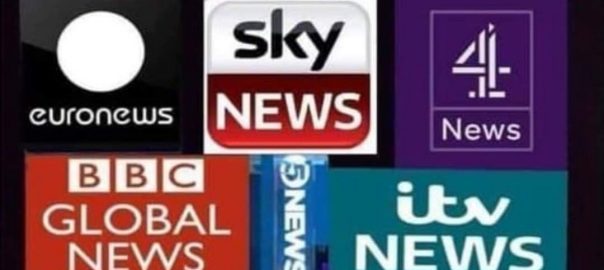On 29 May, The Mail Online reported that the BBC had announced that Richard Sambrook, former head of BBC global news, will be heading an inquiry into whether tweets by BBC talent breach its impartiality policy. Sambrook has been in BBC News and Current Affairs for thirty years. For those of us who have been calling for an independent inquiry into bias at BBC News, this does not seem the right response. There have been two interesting columns in the New Statesman last Thursday (one in the magazine, one online) on BBC bias and other issues about BBC News by Roger Mosey and Mark Damazer, both distinguished former BBC News executives. These are the best pieces I have read about the state of BBC News for some time. I don’t totally agree with either but they are interesting and well argued and deserve a response.Damazer is right to argue that “The BBC does have an impartiality problem with Twitter.” The range of opinions is too narrow, and “sometimes their own tweets deploy language they would not, or should not, use on air. The BBC needs to have a conversation, or even a constructive row, with its top news talent to stop the excesses.” More important, he concludes, there is a problem about the “quality” on BBC News, especially in international coverage. Mosey’s longer piece addresses the question of bias more directly. Emily Maitlis, he writes, laid out questions which the programme would address but “It was unambiguously clear what Maitlis’s own position was, and she stirred in words such as ‘fury, contempt and anguish’ to describe the national mood when a significant minority doesn’t share that view.” “The programme had already made its mind up about the answers.” The bigger problem Mosey addresses is BBC bias in general. It aspires “to be a broadcaster for the whole of the UK.” But it is struggling to do that “because it is a rather liberal organisation which recruits many of its staff from metropolitan areas; and they are typically graduates with a worldview which is different from a car worker in Sunderland or a hill farmer in Brecon. This means the BBC has been ill-equipped to cope with the forces of Brexit or the rise of Boris Johnson… It is hard to think of any BBC presenter who could be accused of a pro-Johnson bias. The traffic is all speeding in the opposite direction.”
BBC Bias Part 6
